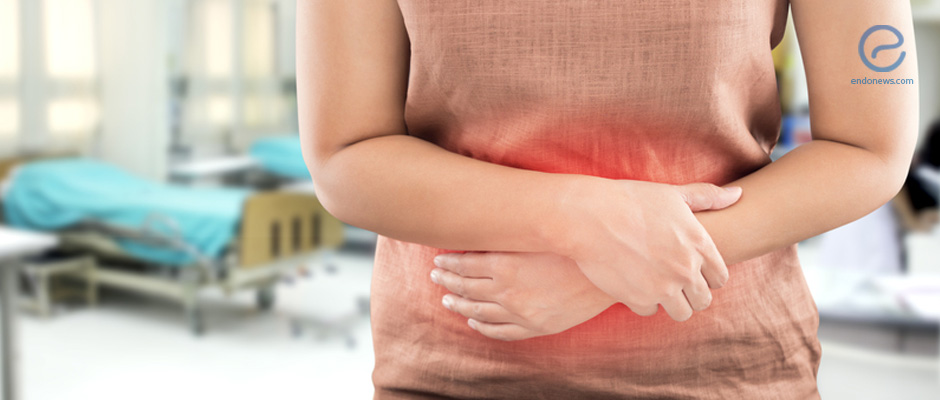Are there contributing factors to the co-presence of Irritable Bowel Syndrome and Endometriosis?
Sep 19, 2017
Irritable Bowel Syndrome and Endometriosis: A complex presentation of abdominal symptoms
Key Points
Highlights:
- Lower-stage endometriosis has been associated with more severe irritable bowel syndrome (IBS) symptoms and the presence of sleep and mood disorders.
Key Results:
- 52% (194/373) of women with confirmed endometriosis had a diagnosis of IBS.
- Factors associated with the severity of IBS included lower-stage endometriosis (P=0.004), the presence of mood disorders (P<0.001), and the presence of sleep disturbance (P<0.01).
- There were no associations between IBS severity and various dietary factors.
- Central sensitization may play a role in the development of pain symptoms in women with endometriosis.
What’s done here?
- This study aims to examine the factors associated with irritable bowel syndrome and endometriosis.
Limitations:
- A large majority of patients with surgically diagnosed endometriosis did not have any record of pre-operative staging.
- Results and interpretations are not clear enough to understand whether the association is more than a random co-occurrence.
Lay Summary
Recently, there has been an association between the presence of endometriosis and increased visceral and pressure hypersensitivity, chronic pelvic pain, and other pain and mood disorders. IBS is a functional bowel disorder that is characterized by recurrent abdominal pain or discomfort that improves with defecation. Using different forms of questionnaires including the Birmingham IBS scale, researchers can measure the severity of IBS symptoms.
Between December 2013 and April 2015, 373 women with endometriosis were seen in a tertiary referral center and evaluated for the presence and seriousness of their IBS symptoms. Patient data including past medical and surgical history, stage of endometriosis, clinical examination findings, mood disorder questionnaire scores, and lifestyle factors were also assessed.
Out of 373 women, the average Birmingham IBS symptom score was 17.1 ± 8.0. Minimal-mild endometriosis was seen in 48.6% (85 of 175), and moderate-severe endometriosis has been observed in 51.4% (90 of 175) of patients. Patients with a history of surgically diagnosed minimal-mild endometriosis had more severe IBS symptoms compared to patients with a history of surgically diagnosed moderate-severe endometriosis (P = 0.004). The physical examination findings that were significant included pelvic girdle pain (P < 0.001), positive Carnett test (P = 0.004), pelvic floor tenderness (P < 0.001), and bladder floor tenderness (P < 0.001). Severe IBS was associated with more severe depression (Patient Health Quality-9) (P < 0.001), more severe anxiety symptoms (Generalized Anxiety Disorder-7) (P < 0.001). Also, more pain catastrophizing (Pain Catastrophizing Scale) (P < 0.001), and worse quality of life on the Endometriosis Health Profile core pain score (P < 0.001) observed in more severe IBS.
Taking into consideration these results, more research is needed to explain the observation of increased IBS symptoms in women with 'lower-stage' endometriosis. A contributing mechanism that involves central sensitization of the pelvic and abdominal structures needs to be further delineated and the possible role of myofascial trigger points in the presence of recurring abdominal pain validated.
Research Source: https://www.ncbi.nlm.nih.gov/pubmed/28870721
endometriosis IBS irritable bowel syndrome mood

